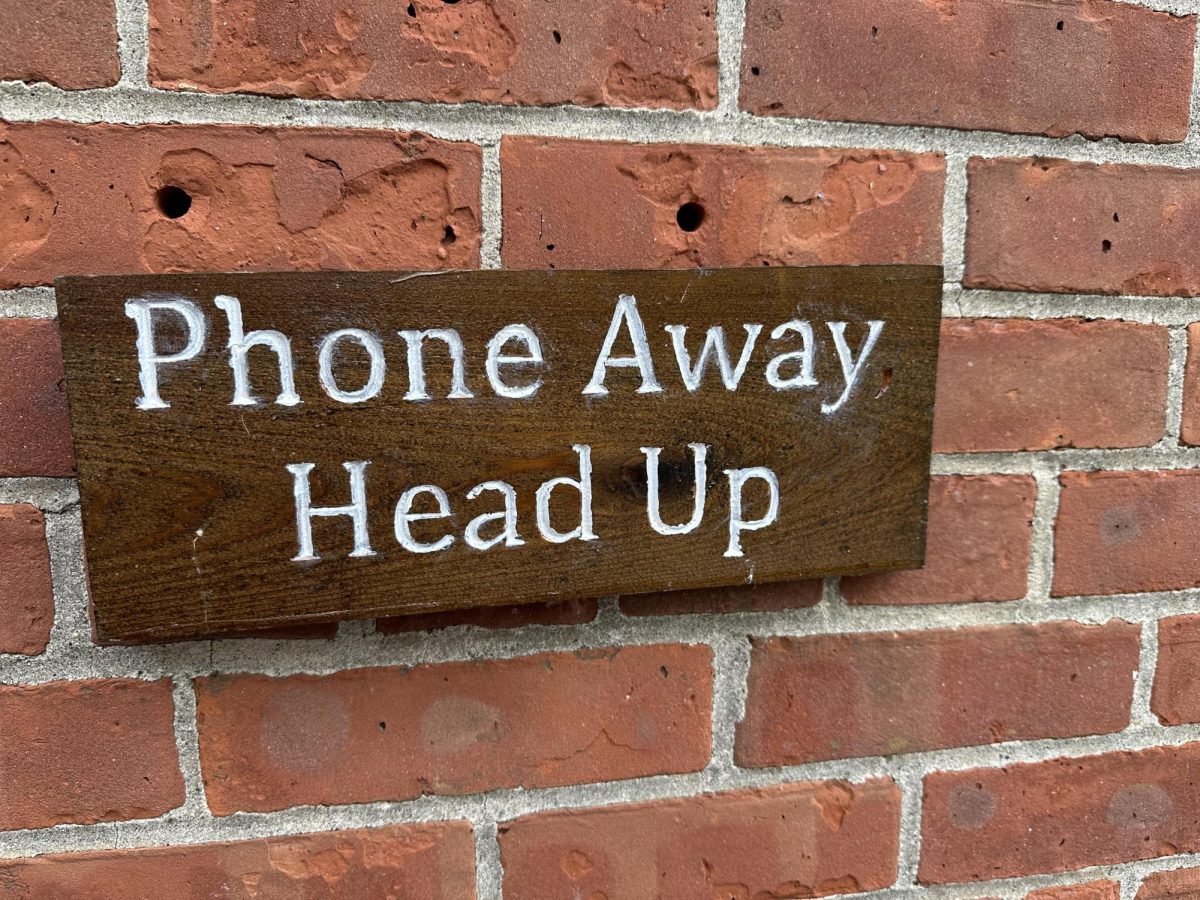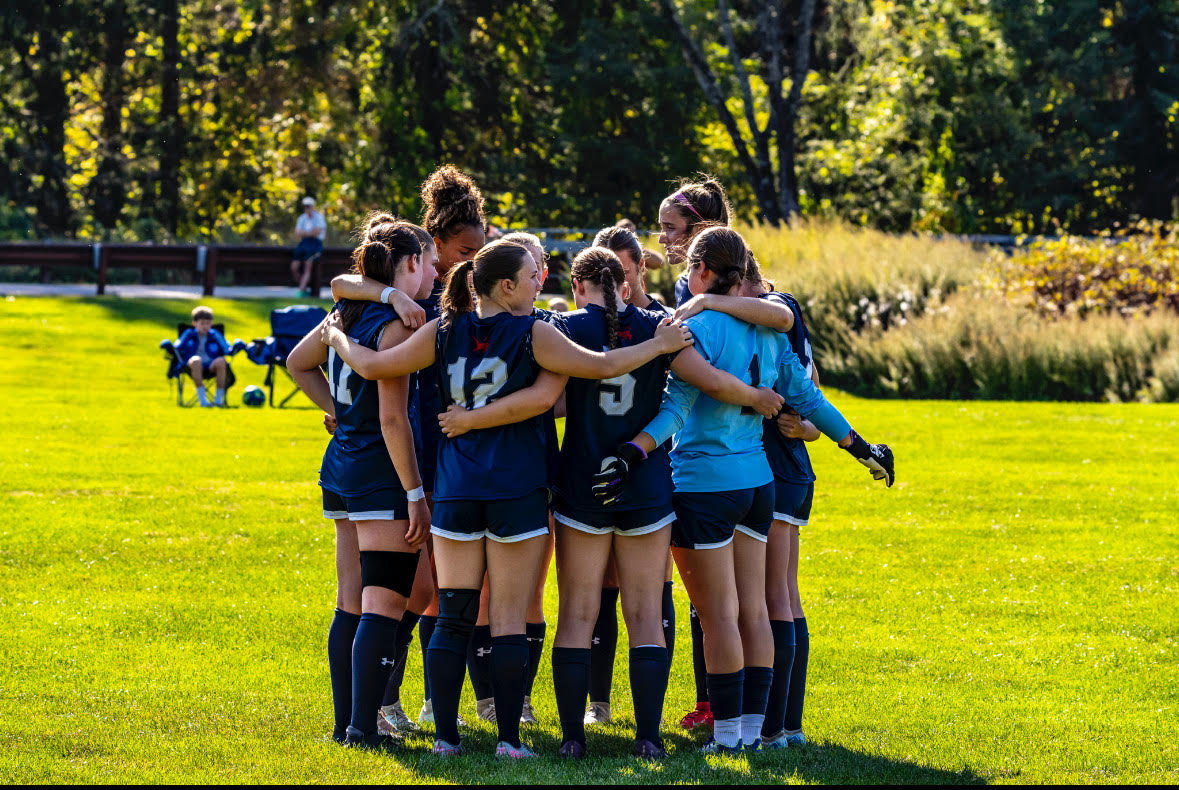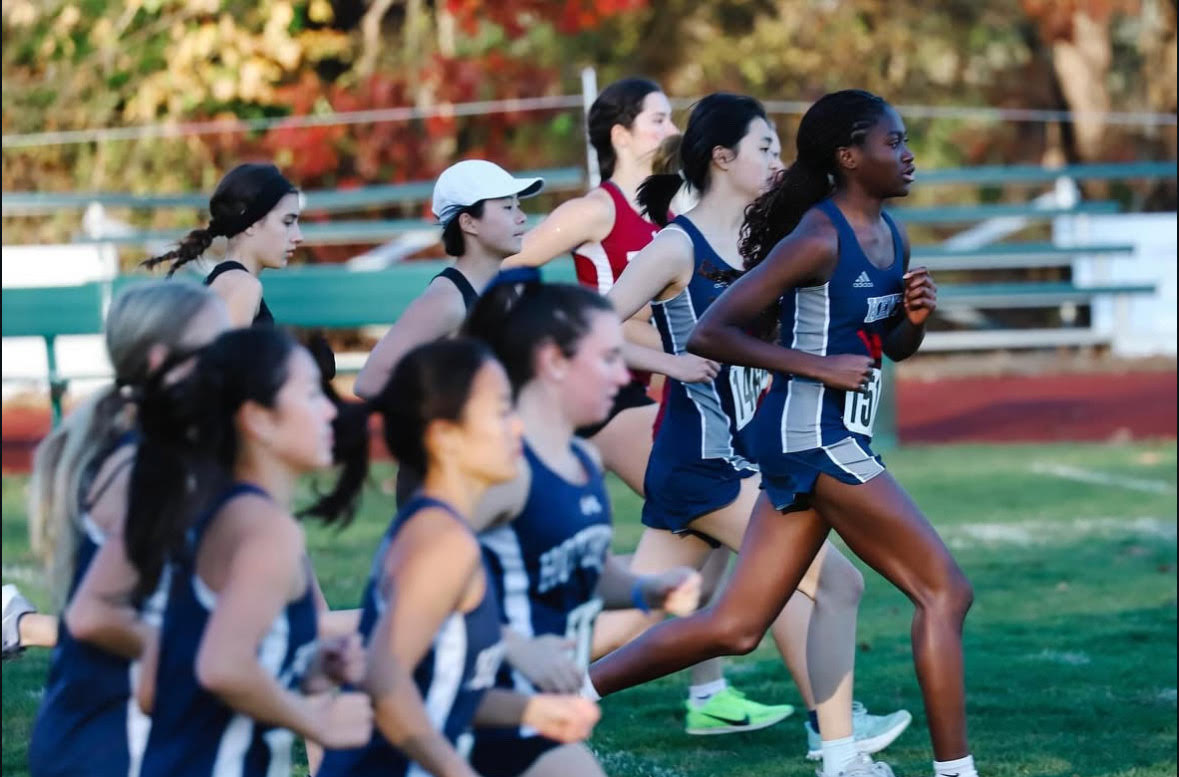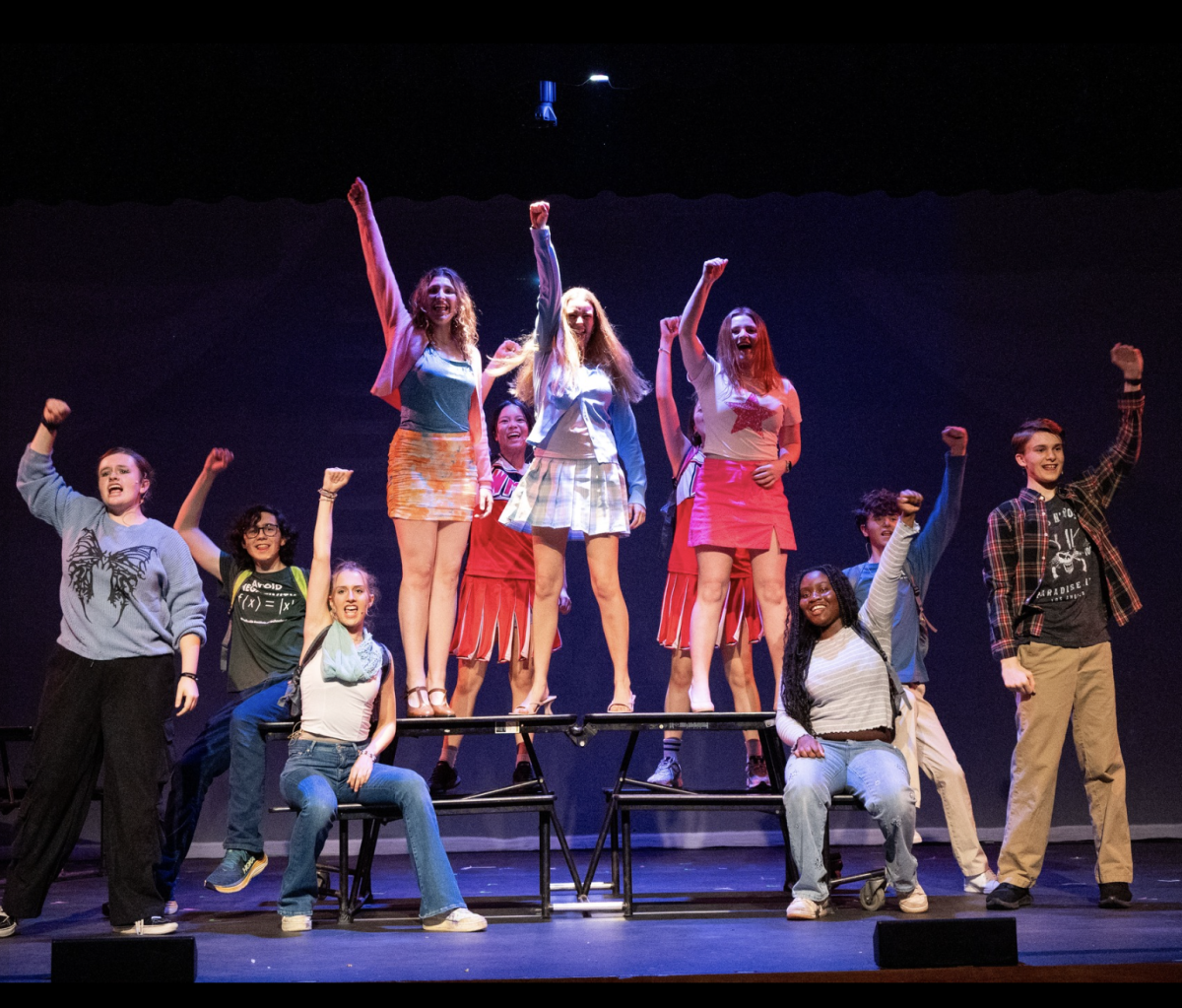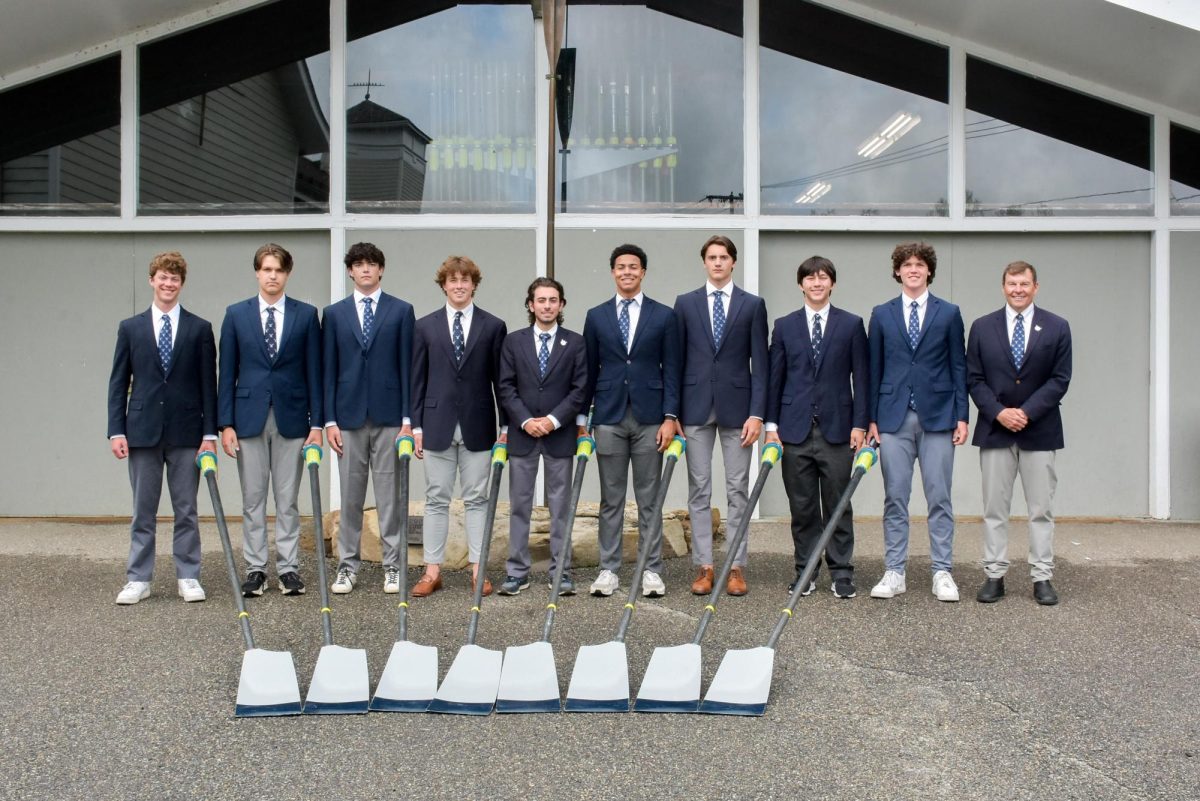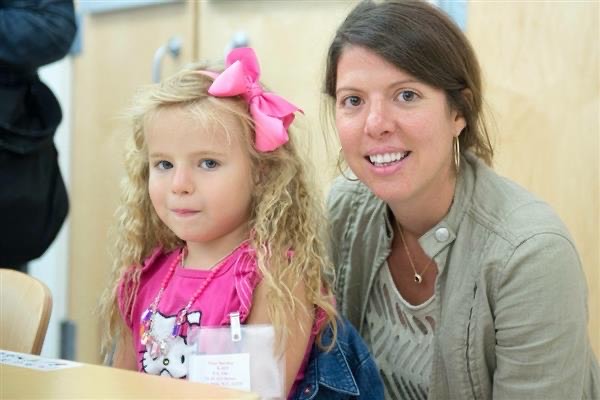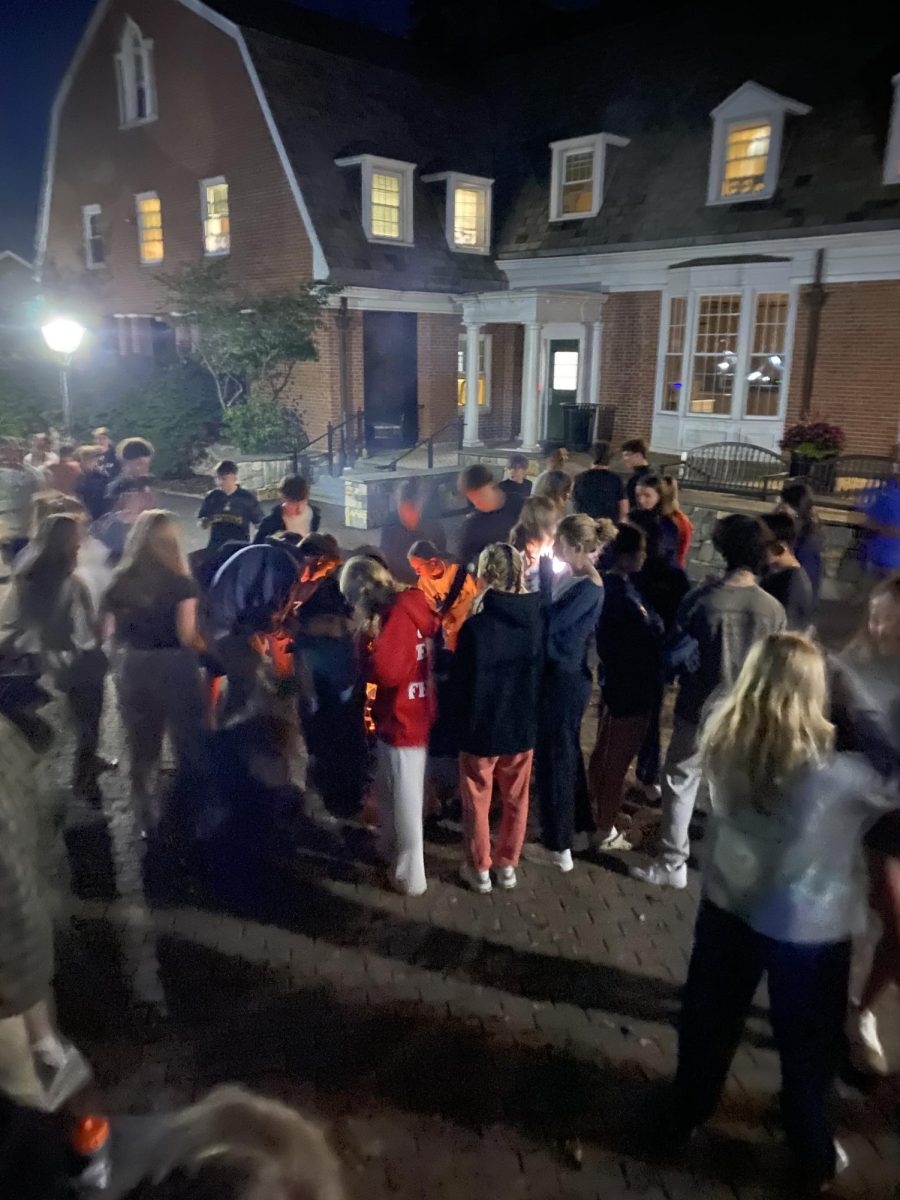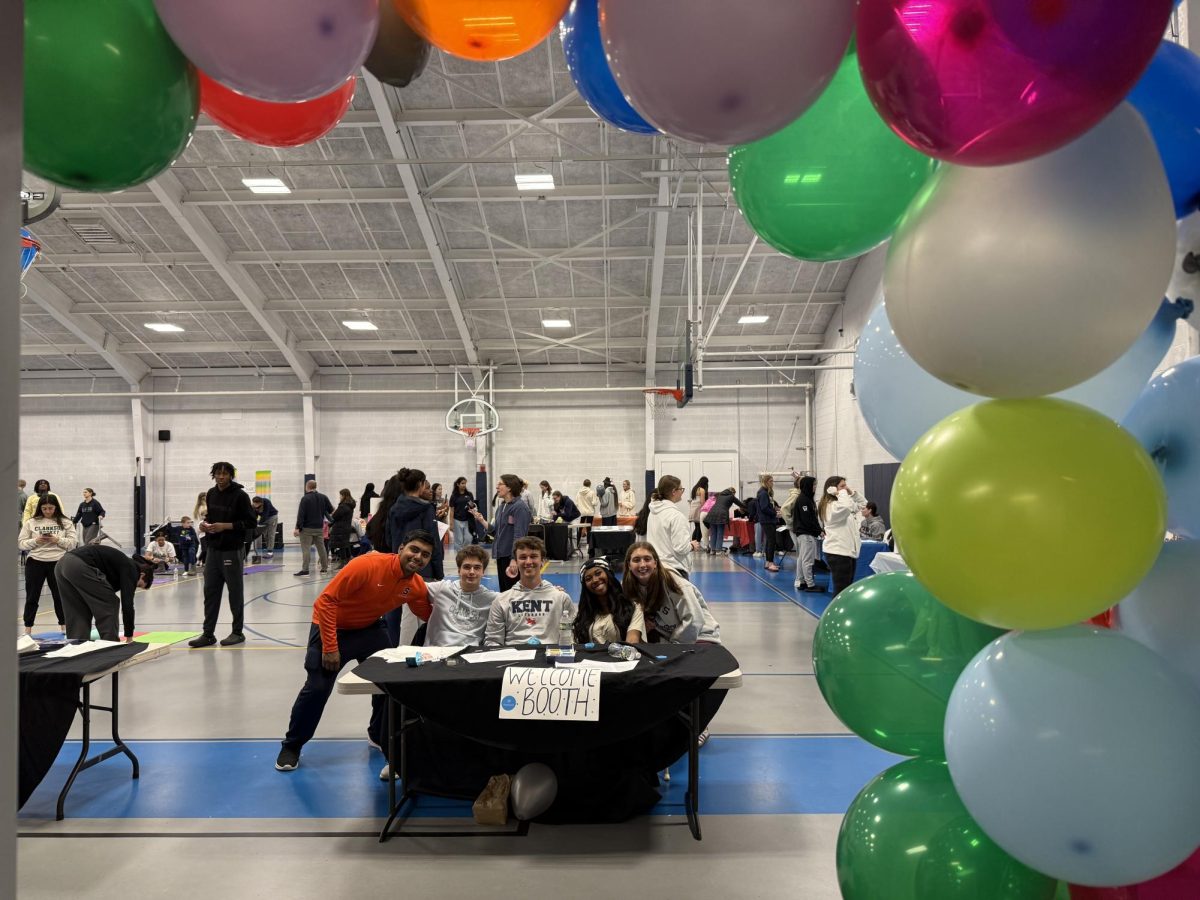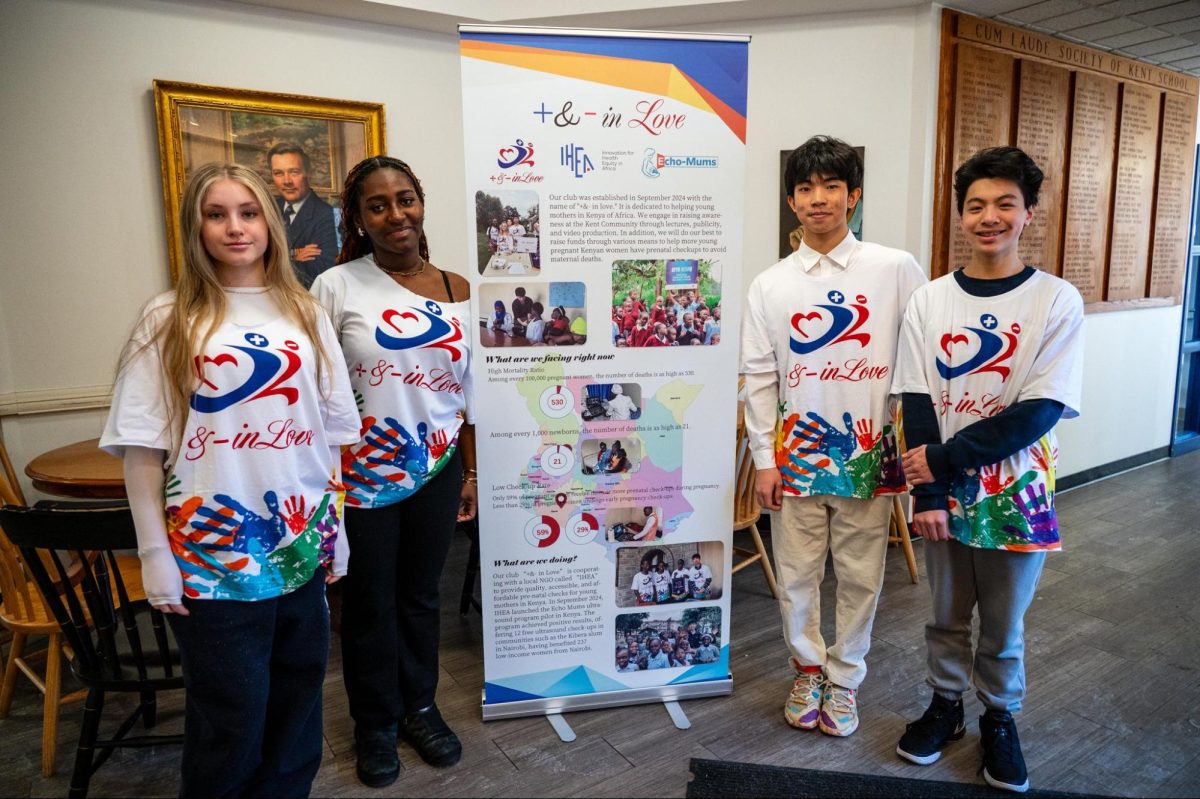The cell phone policy at Kent School was enacted last year as a way of achieving many ends. Mr. Hirschfeld, Head of School, delegated the responsibility of creating this policy to Dr. Kearney and Mr. Hunt, who have in turn created the Cell Phone Task Force, a group made up of a number of students and faculty interested in addressing how we use cell phones, which can interfere with, or even supplant, human interaction on campus. Mr. Hunt and Dr. Kearney have done an excellent job in creating this balanced policy, which has been improving our health as a community.
The cell phone policy as it exists currently can be divided into three parts, said Mr. Hunt. Students are forbidden to use their phones in certain places around campus where it is unnecessary or disrespectful to do so. This includes the classrooms when class is in session, the chapel, and the location of your afternoon activity/sport when it is in session. The dining hall’s servery, as a safety precaution, also is off limits for cell phone use.
Second, students may use their cell phones in places where the policy permits, but they must be respectful of their usage. This does not mean that you may “blast music in the bathrooms at 10 o’clock at night” or sing to your friend on Facetime in the library. When you are walking on campus, you must “pull over” to the side of wherever you are walking to use your phone.
Lastly, the policy aims to provide students with education on why the policy was effected and what it means to be in effect.
Mr. Hunt states that the policy “still has cell phone free zones” and an “etiquette” portion, but now lays a greater emphasis on “consequences” students will face if they were to violate any of the terms of this policy. If a student were found using their device in a cell phone free zone, their phone would be turned over to the Deans Office until the end of study hall or the academic day, depending on when the policy was violated. What happens if the student finds a way to violate this rule two more times? They will have to meet with their advisor, and their parents will be contacted. The revision of the policy aims to clarify what disciplinary action would be taken if students do not follow the policy.
Kent does recognize that there are benefits, which is why they are not banned outright. The school requires all their students to have a smartphone, whose number must be registered with the Deans Office. The number must be domestic so that teachers, coaches, and faculty members have another means of reaching students. Cell phones can serve as important communicative, organizational, and learning tools when used correctly. The smartphone also has some safety benefits. An app known as Alertus, which is required to be installed by all members of the Kent community, sends schoolwide emails and texts, and thus serves as the campus emergency system.
However, the administration of Kent School strongly believes that excessive use of cell phones can have many negative consequences on our everyday lives. Excessive cell phone use, and particularly social media use, negatively impacts mental health, hinders learning in the classroom, and prevents engagement in our community. People who tend to be on their phones more often generally have short attention spans and are at greater risk for depression, anxiety, and loneliness. Were we to allow students access to their phones during class and on the walkways, they would all be in their own bubbles, not “acknowledging the presence of someone else, greeting them, or looking them in the eyes.”
Mr. Hunt, who has been teaching English to Kent students for 22 years, is currently reading Klara and the Sun by Kazuo Ishiguro with his sophomores for the fall term. The book is set in a dystopian future where “lifted” rich children do not attend school but instead have private tutors from whom they learn on their cell phones. Ishiguro satirizes society to warn readers that humanity relies too heavily on technology. Though fictional, it’s representative of a future Mr. Hunt and his colleagues on the Cell Phone Task Force seek to help Kent students avoid, in favor of one full of friendships, learning, and human connection.


